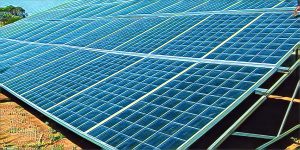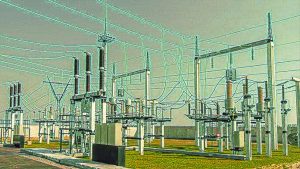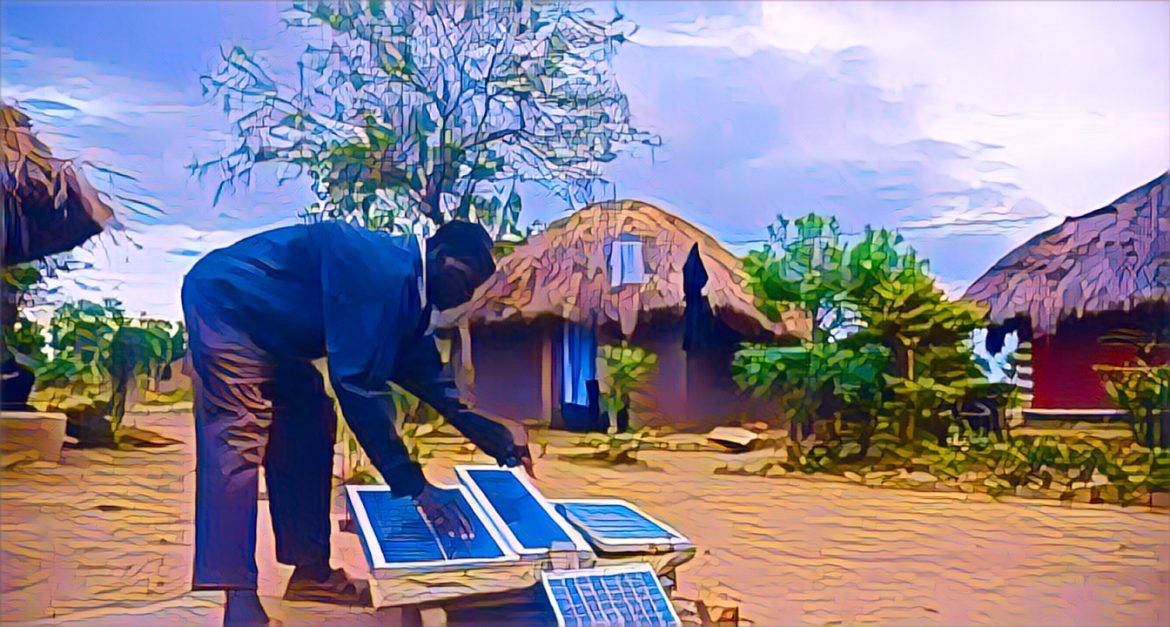KEY POINTS
- Nigeria has the world’s largest energy access gap, with 43% of its population lacking grid electricity.
- Solar energy offers cost-effective, off-grid solutions for underserved rural areas, reducing dependence on fossil fuels.
- Key challenges to solar adoption include high upfront costs, limited funding, and low community awareness.
Nigeria’s struggles with persistent energy crises are not a facade and the issue has endured longer than anticipated in the present era of alternative energy solutions.
With 43 percent of its population (85 million people) without access to grid electricity, Nigeria faces the greatest energy access gap in the world ahead of DR Congo, India and Pakistan among others.

Solar energy has surfaced as an encouraging answer to close the gap and promote sustainable growth.
Across the country, the poorest 40 percent of only 31 percent of the population has access to grid electricity.
Comparable inequalities are found among different regions and among countryside and city regions.
Even individuals linked to the grid cannot depend on its provision; they have to manage constant interruptions.

Although Nigeria is rich in oil, its energy sector faces challenges due to inadequate investment and poor management.
Although Nigeria is rich in oil, its energy sector faces challenges due to inadequate investment and poor management.
The national grid has a capacity of approximately 13,000 MW, yet it reliably provides only 4,000–5,000 MW.
However, the Association of Nigerian Electricity Distributors has decried that Nigeria needs to generate at least 33,000 MW to have stable electricity.

The national grid has a capacity of approximately 13,000 MW, yet it reliably provides only 4,000–5,000 MW.
In the course of finding stability, the current government has borrowed about $3.23billion to stabilize the sector, yet energy scarcity persists.
In this energy-scarce setting, solar energy has surfaced as an encouraging answer to close the gap and promote sustainable growth.
Why Solar Energy?
Solar energy presents a practical solution to Nigeria’s energy issues because of its many benefits:
Abundant solar resources
Nigeria is naturally blessed with abundant solar energy, receiving around 2,600 hours of sunlight each year.
Solar radiation averages between 4–7 kWh/m²/day, making the country an ideal site for capturing solar energy.

Nigeria Sterling Bank unveils Africas first solar powered HQ
This plentiful resource guarantees a steady and renewable energy source, able to fulfill the increasing electricity needs of both urban and rural populations.
Off-grid capabilities
Off-grid and mini-grid solar solutions are revolutionary for Nigeria’s rural and neglected regions, where extending the grid is either unfeasible or prohibitively expensive.
These systems can deliver continuous electricity to energize residences, educational institutions, healthcare facilities, and small enterprises.
For instance, the Rural Electrification Agency’s Nigeria Electrification Project (NEP), funded by the World Bank, impacted the lives of thousands of Nigerians across rural communities.
Off-grid solutions lessen dependence on inconsistent grid power and costly fossil fuels while encouraging economic growth.
Cost-efficiency
Even though the upfront cost of solar installations can be quite significant, they provide considerable savings in the long run.
Solar systems decrease or remove reliance on diesel generators, which are costly to operate and maintain.
Solar power, with low upkeep demands and no ongoing fuel expenses, demonstrates greater cost-effectiveness for homes and companies.
Environmental benefits
Adopting solar power contributes significantly to environmental preservation. Solar energy systems produce no greenhouse gas emissions during operation, unlike fossil fuel-based power sources.
This shift will help Nigeria meet its UNDP Climate Promise and reduce its carbon footprint. Furthermore, solar power minimizes air and noise pollution, fostering healthier living conditions in urban and rural areas.
Solar power initiatives in Nigeria
Solar power initiatives in Nigeria have been remarkable, driven by contributions from the government, private sector, and international organizations.
Solar power Naija program
Solar Power Naija Program was launched under the Economic Sustainability Plan by the federal government.
The project aims to install solar home systems in 5 million households, impacting approximately 25 million Nigerians. The program focuses on creating jobs and reducing energy poverty.
Private sector involvement
Companies like Lumos, Arnergy, and Daystar Power are leading the charge in providing solar solutions to Nigerian homes and businesses.
These companies offer innovative financing models, such as pay-as-you-go schemes, to make solar systems more affordable.
International support
Organizations like the World Bank and African Development Bank have provided funding and technical assistance for solar projects in Nigeria.
For instance, the World Bank’s Nigeria Electrification Project (NEP) supports the deployment of solar mini-grids in underserved areas and has successfully impacted 230,000 people.
Challenges to solar power adoption
Despite its potential, solar energy adoption in Nigeria faces several hurdles:
Substantial upfront costs – The initial expense of solar panels, batteries, and inverters continues to be a hurdle for numerous households and small enterprises. Even though financing alternatives are increasing, affordability remains an issue.
Insufficient funding structures – Restricted access to credit and elevated interest rates obstruct consumers’ and developers’ capacity to invest in solar energy.
Technical proficiency – Nigeria is experiencing a lack of skilled workers needed for the installation and maintenance of solar systems, potentially affecting the quality and durability of these installations.
Community awareness – Numerous Nigerians lack knowledge about the advantages and lasting financial savings associated with solar energy. Successful awareness campaigns are essential to stimulate demand.
The road ahead: strategies for sustainability
For the sustained success of solar energy utilization, Nigeria needs to focus on:
- Increasing subsidies and offering low-interest loans for solar systems to enhance affordability for a larger number of Nigerians.
- Educational initiatives aimed at creating a proficient workforce for solar setup and upkeep.
- The government should establish reliable and clear policies to draw in investors.
- Informing the public about the advantages of solar energy to stimulate demand.


